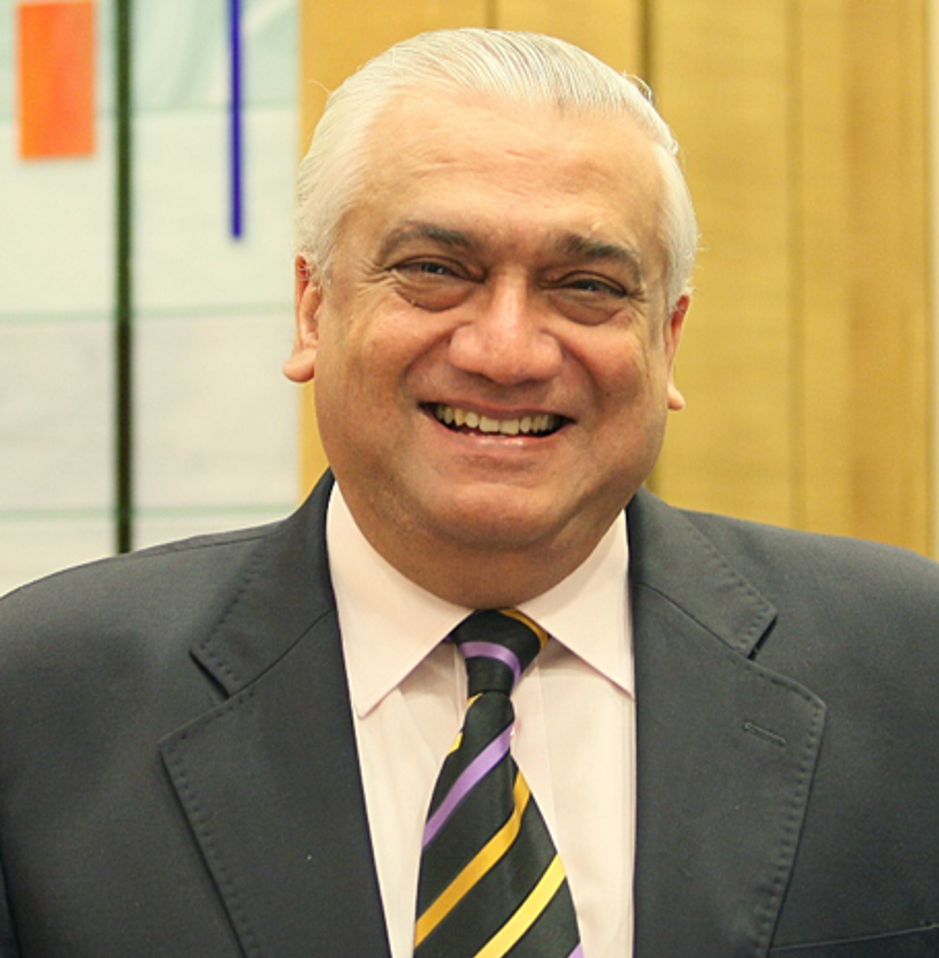The Horn of Africa is home to Djibouti, Eritrea, Ethiopia, Kenya, Somalia, Sudan, South Sudan and Uganda. The region sits astride the strategic shipping lanes linking Asia and Africa, connecting the Suez Canal, the Mandab Strait, the Mediterranean Sea, the Red Sea, and the Indian Ocean. For thousands of years, the Horn has long been in contact with the Arabian Peninsula and southwestern Asia. The Gulf countries and peoples in particular have maintained close political, religious, social and cultural ties with the Horn of Africa.The Red Sea, a narrow body of water, connects the Indian and Mediterranean Oceans and is the crucial commercial link for the transportation of goods between the East and the West. Hence, the choke-points of the Bab al-Mandab and the Suez Canal have a substantial strategic significance, both regionally and globally. The Red Sea also abuts several states on its eastern and western shores – Egypt, Israel, Jordan, Saudi Arabia and Yemen in the East, and Egypt, Sudan, Somalia, Eritrea and Djibouti, on the West, with Ethiopia being separated from the sea by a narrow sliver of Eritrean territory. Many of these states have a long history of domestic turmoil and conflicts with neighbours.Due to the imbalanced character of the region’s natural resources, strategic significance, political and social instability, weak economies, fragile regimes, and grave civil conflicts, the Horn of Africa has attracted outside powers seeking to fill power vacuums, transposing their rivalries to the region through direct presence or through proxies. In the era of sectarian conflict and zero-sum game struggles, competition among West Asian states – aligned in diverse groupings – has had spill-over effects in the Horn. World powers, meanwhile, have added to the interlocking threads of conflict and cooperation. The United States, the United Kingdom, the European Union, Russia, China, India and Japan, all have geopolitical and geo-economic interests in the Horn, spawning both conflictual confrontation and cooperative endeavour.In the backdrop of the Russia-Ukraine conflict and the COVID-19 pandemic, the Horn of Africa has been facing crises of its own: serious drought, soaring food prices, environmental degradation, sluggish economic growth and humanitarian crises.The Horn of Africa, therefore, has become a new platform for the Gulf countries and global powers to compete and cooperate in security, strategic outreach, development and governance. This raises a range of critical questions: What are the major developmental and security issues facing the Horn of Africa, and how do these impinge on governmental policy there? What factors are shaping the growing engagement of Gulf countries in the affairs of the Horn of Africa? What are the multilateral institutions and frameworks through which the involvement of outside powers with Horn of African countries is mediated? What is the nature of the military presence which Gulf and world powers have developed in the region, and what are the objectives of these? How is governance in the Horn of Africa countries being affected by the growing Gulf state engagement in the region?These, then, are the issues at the heart of the proposal which is being put forward and which are intended to form the foci of discussion. The emphasis is on attracting new research, putting the spotlight on dimensions of trans-regional competition and cooperation. We wish to encourage strong participation from the Horn of Africa countries themselves, as well as from Gulf countries and elsewhere.
3 DAYS / 12 Workshops
MORE THAN 300 ACADEMIC PAPERS
The Horn of Africa is clearly a region of strategic importance to the GCC Gulf countries, particularly Saudi Arabia, the UAE, Iran and Iraq. Furthermore, Israel has concerns about the expanding Iranian presence in the Gulf of Aden and Red Sea, and Egypt’s ties with Ethiopia have become deeply contentious due to the building of the Grand Ethiopian Renaissance Dam. The Egyptian government fears that the dam could adversely affect its access to the Nile waters. Ethiopia, for its part, is embroiled in an ongoing internal conflict in Tigray province. Meanwhile Somalia remains a failing state that is home to a lethal extremist organization, Al-Shabaab, while its provinces host powerful secessionist movements. External powers are also active: the UAE has established a strong presence in the ports of Yemen on the Red Sea and the Gulf of Aden (Mokha, Aden, Perim Island in the Bab al-Mandab, and Socotra), as also in Somaliland, Puntland and Eritrea; while both Turkey (in Suakin) and Russia (in Port Sudan) are seeking bases on the Red Sea in Sudan.
On grounds of concerns over terrorism, human rights, and great power competition, the United States is giving considerable attention to the Horn as well. France, with its colonial ties with The Comoros and Reunion and bases in Djibouti and Abu Dhabi, has also strengthened its naval presence in the western Indian Ocean, and is pursuing maritime ties with the UAE and India to shape a triangular alignment in the region.
The European Union, Russia, China, India, Japan and other Asian and European countries have put forward various initiatives to ensure peace and security in the region. Both the world powers and the Gulf countries are pursuing bifurcated strategies in the region. On the one hand, they are contributing developmental aid and UN peace-keeping forces to the region for good governance; on the other hand, they are engaging in rivalry and completion in the region, which increase instability and force local countries to choose sides.
The Horn, therefore, has become a key arena where
outside powers vie for influence and/or project naval power in the Red Sea and
the Arabian Sea. The network of military bases that outside powers have
established, the network of proxies that Sunni and Shiite forces have produced,
and the local extremist affiliates that the Islamic State and Al-Qaida have set
up, intertwine and interact with each other. The Gulf countries, in particular,
are seeking to use proxies with a view to bringing the region into their
orbits.

